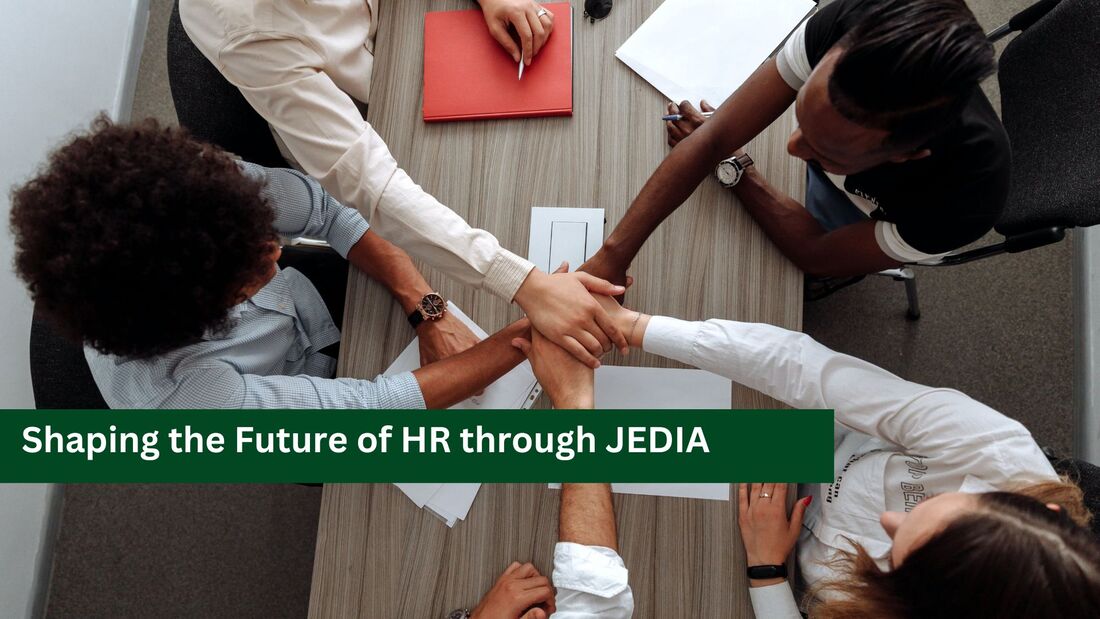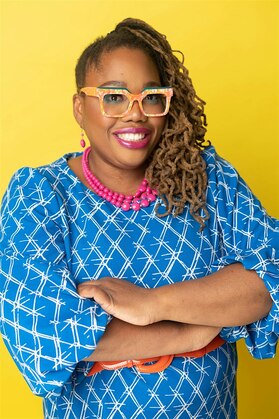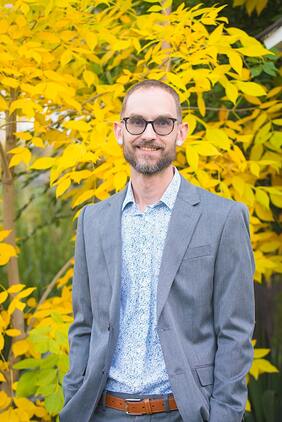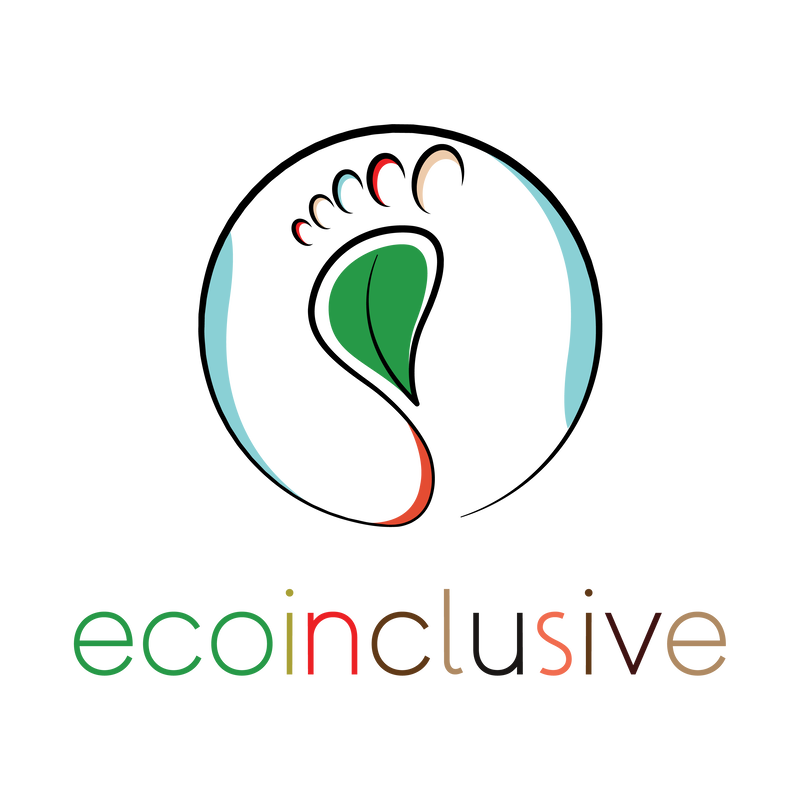Shaping the Future of HR through JEDIA
This HR JEDIA (Justice, Equity, Diversity, Inclusion, and Accessibility) Series is a comprehensive four-part program designed to empower Human Resource leaders and collaborators with the knowledge, skills, and strategies required to lead their organizations through a transformative shift toward greater inclusion in the hiring process and throughout the employee experience. As diversity and inclusion become paramount in the workplace, this series equips organizational leaders with the tools to create a more inclusive and equitable hiring environment and company culture.
|
Course Dates:
Tuesday, August 20, 2024 Tuesday, September 3, 2024 Tuesday, September 17, 2024 Tuesday, October 1, 2024 |
Course Times:
8:00 am-11:00 am PT 9:00 am – 12:00 pm MT 10:00 am - 1:00 pm CT 11:00 am - 2:00 pm ET |
Examining Unconscious Bias and Systems Of Oppression - Tuesday, August 20, 2024
We all bring unconscious biases into the workplace. These deeply subconscious attitudes span race, gender, appearance, age, wealth, and much more. They influence everything from the neighborhood you live in, to the employees you promote and the ones you don’t. These biases are reflexively triggered without our knowledge, they are virtually unnoticeable. Our unconscious biases are hidden. Although we are unaware of them, they influence our beliefs about and behavior toward others. This workshop focuses on the implicit attitudes or stereotypes that shape how we engage others and make decisions in the workplace.
Understanding and celebrating the diversity at your organization - Tuesday, September 3, 2024
Often employers say they want to hire diverse candidates without knowing who they might be talking about. Generally, they mean candidates of color. Sometimes they mean disabled people or LGBTQIA+ folks. In this session we will first focus on understanding and celebrating our own individual and intersectional identities so participants are better equipped to do the same at their organizations, helping create a more welcoming, inclusive, and equitable organizational culture.
Recruiting, hiring, and retaining a diverse employee population - Tuesday, September 17, 2024
In the previous two sessions, we have spent time on foundational work needed to open our minds to better understanding intersectional diversity within ourselves and others, and we have created tools to better prepare our organizations to be more welcoming, inclusive, and equitable. In this session we will focus on recruiting and hiring among diverse groups of people knowing our organizations are more ready to retain them. We will examine opportunities throughout the entire employee lifecycle, including the following:
The importance of organizational culture - Tuesday, October 1, 2024
Building upon the work we did in the previous session, we will take a deeper dive into understanding what a healthy organizational culture is; we will identify aspects of healthy organizational cultures at participant organizations; and we will create action plans outlining ways to cultivate and foster a more welcoming, inclusive, and equitable organizational culture at participant organizations. This workshop will examine organizational culture, how it is formed, and how to change it. Culture is defined as the shared traditions, beliefs, customs, history, folklore, and institutions of a group of people. It's a system of rules that are the base of what we are and affect how we express ourselves as part of a group and as individuals. Organizations have a "culture" of policies, procedures, programs, and processes, and incorporate certain values, beliefs, assumptions, and customs. Organizational cultures largely echo mainstream culture in its sense of time orientation, perception, and use of time. An organizational culture may not lend itself to cultural competence, so that's where skill-building comes in. A culturally competent organization brings together knowledge about different groups of people -- and transforms it into standards, policies, and practices that make everything work.
We all bring unconscious biases into the workplace. These deeply subconscious attitudes span race, gender, appearance, age, wealth, and much more. They influence everything from the neighborhood you live in, to the employees you promote and the ones you don’t. These biases are reflexively triggered without our knowledge, they are virtually unnoticeable. Our unconscious biases are hidden. Although we are unaware of them, they influence our beliefs about and behavior toward others. This workshop focuses on the implicit attitudes or stereotypes that shape how we engage others and make decisions in the workplace.
Understanding and celebrating the diversity at your organization - Tuesday, September 3, 2024
Often employers say they want to hire diverse candidates without knowing who they might be talking about. Generally, they mean candidates of color. Sometimes they mean disabled people or LGBTQIA+ folks. In this session we will first focus on understanding and celebrating our own individual and intersectional identities so participants are better equipped to do the same at their organizations, helping create a more welcoming, inclusive, and equitable organizational culture.
Recruiting, hiring, and retaining a diverse employee population - Tuesday, September 17, 2024
In the previous two sessions, we have spent time on foundational work needed to open our minds to better understanding intersectional diversity within ourselves and others, and we have created tools to better prepare our organizations to be more welcoming, inclusive, and equitable. In this session we will focus on recruiting and hiring among diverse groups of people knowing our organizations are more ready to retain them. We will examine opportunities throughout the entire employee lifecycle, including the following:
The importance of organizational culture - Tuesday, October 1, 2024
Building upon the work we did in the previous session, we will take a deeper dive into understanding what a healthy organizational culture is; we will identify aspects of healthy organizational cultures at participant organizations; and we will create action plans outlining ways to cultivate and foster a more welcoming, inclusive, and equitable organizational culture at participant organizations. This workshop will examine organizational culture, how it is formed, and how to change it. Culture is defined as the shared traditions, beliefs, customs, history, folklore, and institutions of a group of people. It's a system of rules that are the base of what we are and affect how we express ourselves as part of a group and as individuals. Organizations have a "culture" of policies, procedures, programs, and processes, and incorporate certain values, beliefs, assumptions, and customs. Organizational cultures largely echo mainstream culture in its sense of time orientation, perception, and use of time. An organizational culture may not lend itself to cultural competence, so that's where skill-building comes in. A culturally competent organization brings together knowledge about different groups of people -- and transforms it into standards, policies, and practices that make everything work.
Your Course Facilitators
|
Parker McMullen Bushman (They/She)
CEO and Founder of Ecoinclusive Strategies Website: https://www.ecoinclusive.org/ Meet Parker McMullen Bushman, CEO and Founder of Ecoinclusive Strategies and Co-founder of Inclusive Guide. Parker is a dynamic speaker and facilitator who engages organizations in new thinking around what it means to be a diversity change agent and create dynamic organizational change. Parker’s background in the non-profit leadership spans over 24+ years. Their interest in justice, accessibility, and equity issues developed from their personal experiences facing the unequal representation of people of color in organizations. Parker tackles these complex issues by addressing them through head-on activism and education. Parker brings a unique background to this work having served in top leadership for Marine Science, Natural Resources, Environmental Educational, and Cultural Interpretive Facilities. Parker has served as the Vice President for Community Engagement, Education, and Inclusion at Butterfly Pavilion, an Invertebrate Zoo located in Westminster, CO. They were the Director of Extension for the City and County of Denver. They also served as the Director of Education for the Marine Science Consortium, a research and education center located on Virginia’s Eastern Shore. |
Mike Ksenyak (he/they)
Principal Consultant, Cofounder of Intersecting Solutions LLC Website: https://www.intersectingsolutions.com/ I am a queer neurodivergent disruptor striving to create a better reality so everyone and every body can feel a sense of belonging and thrive at work, in the outdoors, all ways. My mission is to influence progressive and systemic change through a human resources practice guided by justice, equity, diversity, and inclusion, that centers antiracism as foundational to this work. My approach focuses on intersectionality, authentic relationship building, and unlearning to enable growth. My HR career spans almost 20 years working in the areas of environmental restoration and stewardship, youth leadership and conservation, international development/water, sanitation and hygiene, and outdoor recreation and environmental education. Previously, I was a newspaper reporter and a copy editor. I am bilingual in Spanish and certified as a Senior Professional in Human Resources. The journey continues one day at a time. Workshop Cancellation Policy A workshop will be confirmed to proceed not later than 4 days prior to its scheduled starting date.Workshop registration is only confirmed when full payment has been received from a participant.If sufficient confirmed registrations have not been received 4 days in advance of the scheduled starting date, the workshop may be cancelled.In the unlikely event that the workshop is cancelled, all confirmed participants will be notified immediately and receive a full refund (minus the payment system fees).If a participant chooses to cancel their confirmed registration, or cannot or does not attend the workshop, the following refunds will apply:The registered participant may invite another person to substitute their place in the workshop (in which they are registered) at any time at no charge;If notice is received 14 or less days from the scheduled starting date, no refund will be offered; andIf notice is received 15 or more days from the scheduled starting date, a 50% refund will be offered.If you wish to discuss these policies and expectations, or have any questions, please contact me. |




